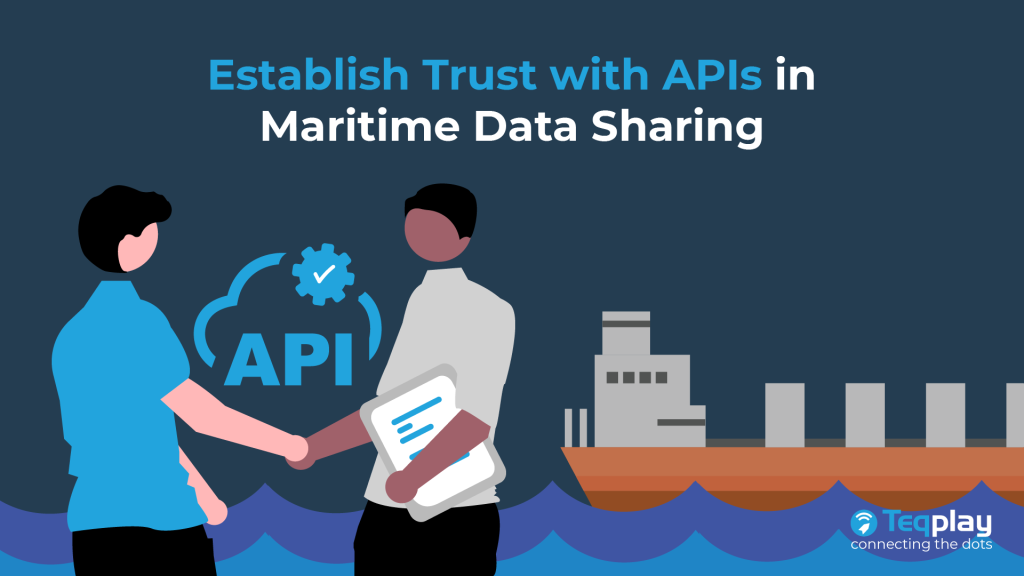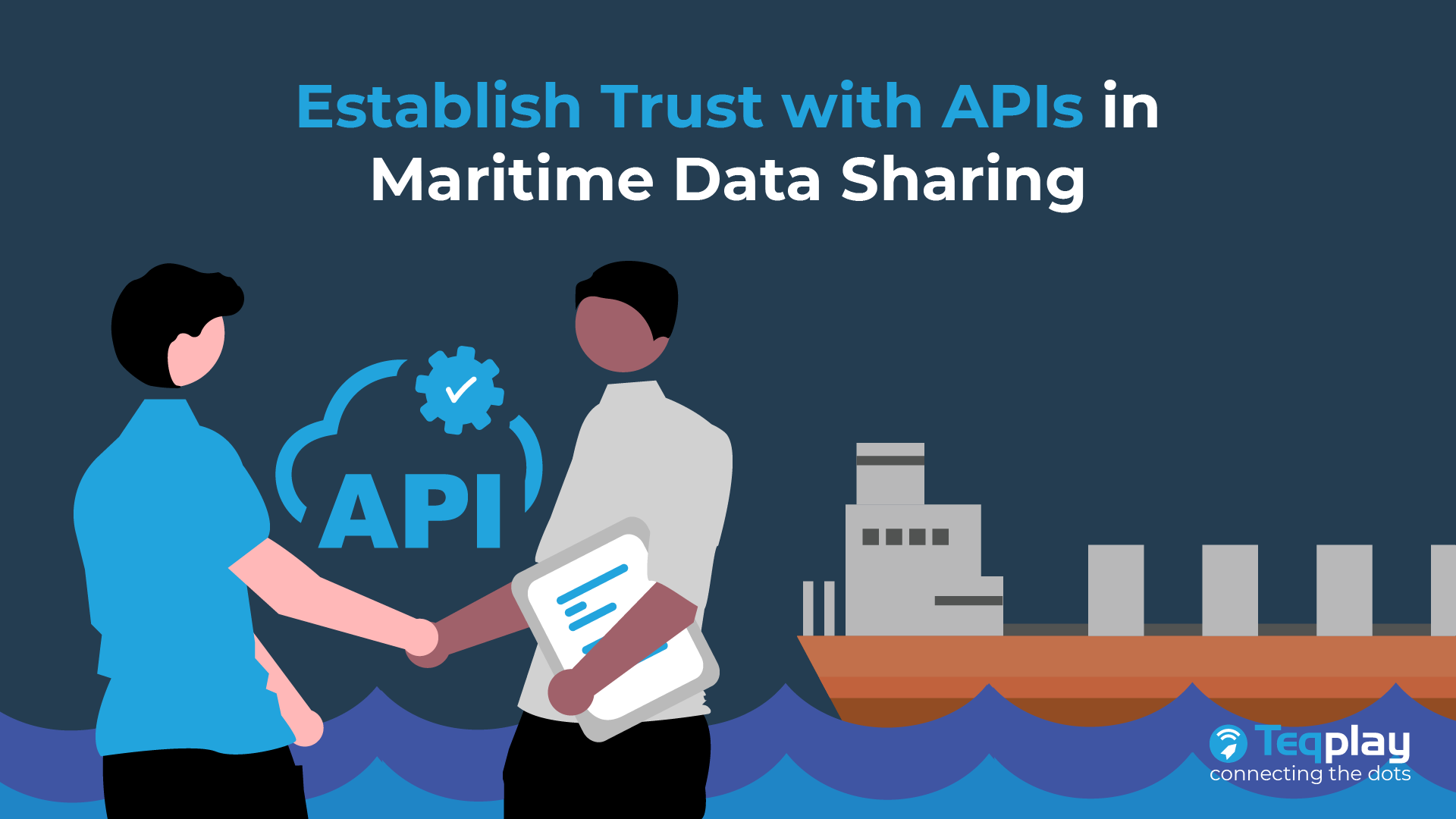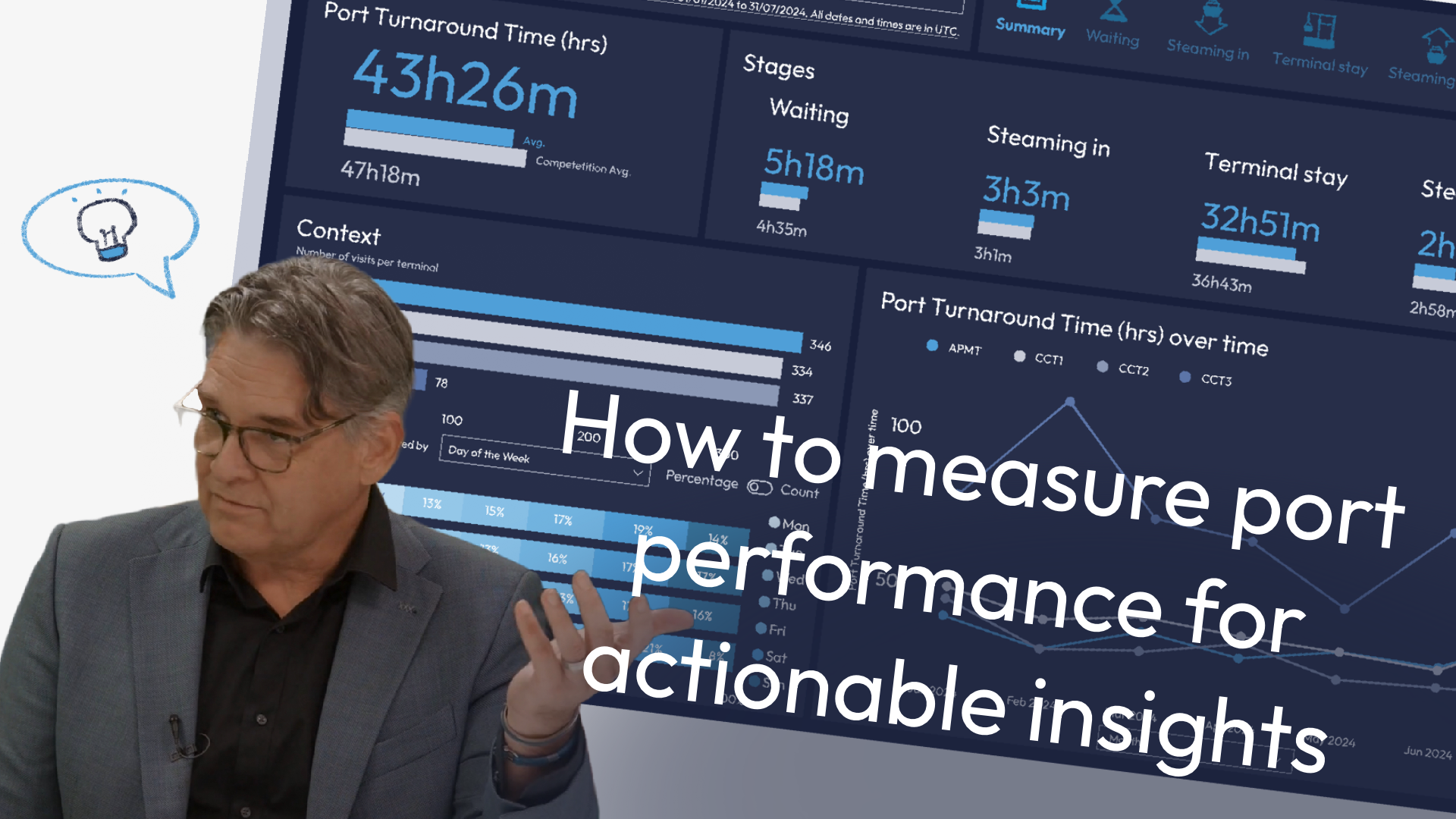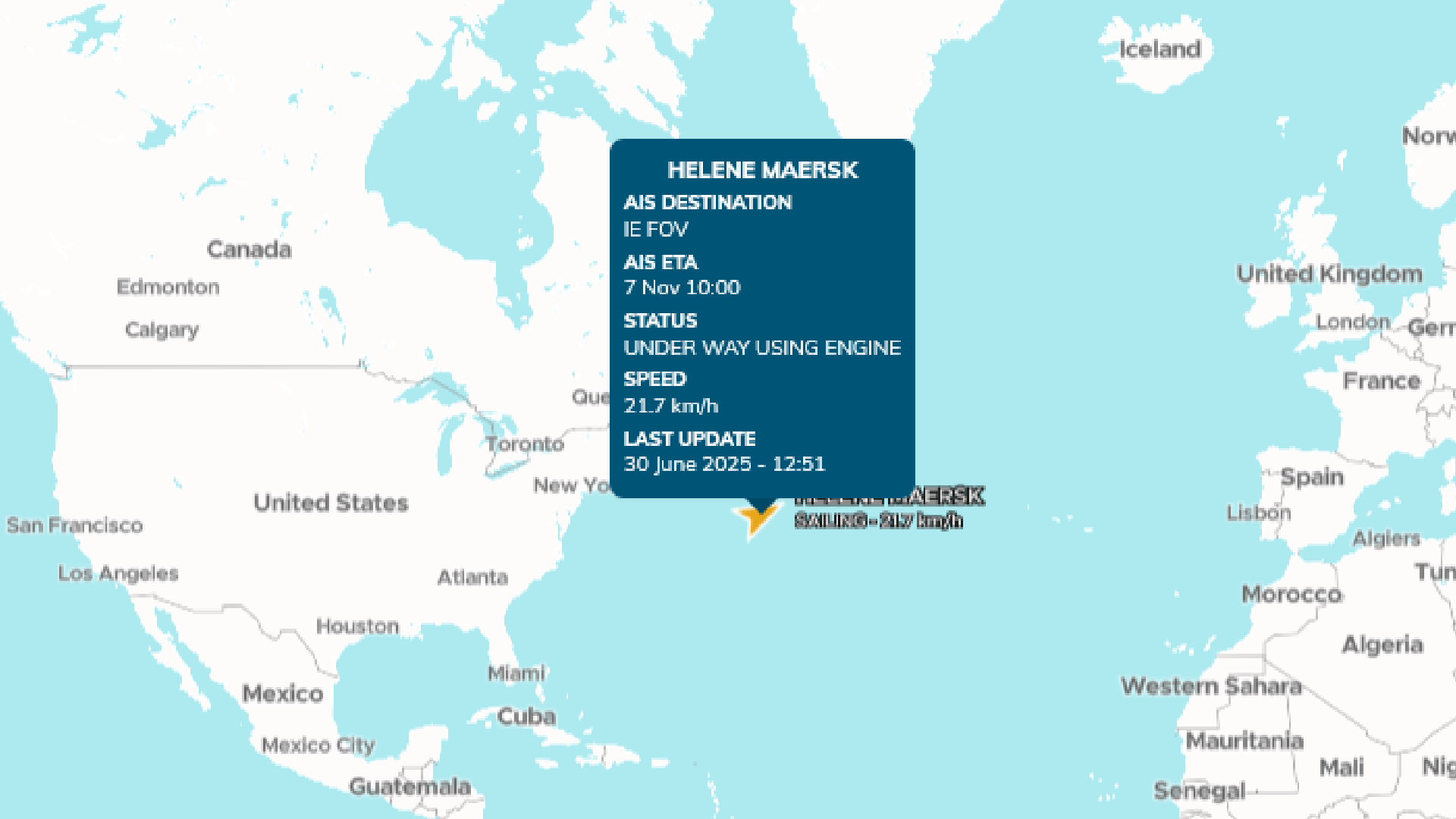Build trust and establish collaboration
Building trust is crucial when it comes to establishing efficient and reliable collaboration within the maritime industry. Trust can be established by getting to know each other and ensuring that the exchange of information is properly handled and not distributed without consent.
One key aspect of establishing trust is the handling of data. It is essential to ensure that data is trustworthy and handled in the way agreed upon between parties. It is vital to know what happens with the data once it is shared, and this requires a mutual agreement on the handling of data. When data is trusted, it builds confidence between parties, leading to more efficient collaboration.
Currently, different stakeholders in the maritime industry register data in their own systems, which can lead to discrepancies between data sets. To build trust, parties must agree on the correct data point, which can be used for invoicing or transferring ownership. This agreement creates a foundation for building trust, which leads to more effective collaboration.
The importance of data points
Data points are critical in ensuring the smooth operation of vessel movements and terminal operations. For instance, vessel movements must be tracked in real-time to determine the best plan for the vessel’s arrival. These data points are used to optimize the entire process of preparing assets and personnel for the vessel’s arrival, and any deviations can lead to inefficiencies and delays.
Data points are also crucial in predicting future events, such as the arrival of a truck, barge, or train. By analyzing these data points, maritime companies can better prepare for incoming shipments, allocate resources effectively, and provide better service to their customers.
The question that arises is, are the data points correct and trustworthy? Establishing trust and agreeing on a single data point is crucial in building the right business models. In the maritime industry, where data plays a critical role, ensuring the accuracy and reliability of data points is essential for efficient and effective operations.

Establish trust with APIs
While blockchain technology is one way to build trust in data sharing, it is not the only solution. API technologies can also be used to establish trust, especially among a closed user group with the same clients in daily procedures. This technology creates a platform for data sharing that is reliable, efficient, and secure, leading to a more collaborative and effective industry.
In the maritime industry, APIs can be used to share vessel position data, weather forecasts, and other critical information between different stakeholders, including port authorities, shipping companies, and logistics providers.
To establish trust with APIs, there are several key considerations that maritime businesses should keep in mind:
1. Quality provider
It is essential to ensure that the API provider is reputable and has a proven track record of delivering reliable and secure services. This can be done by conducting thorough research on the provider, reading customer reviews, and checking their certifications. Ensuring compliance is also important, such as with industry standards like the International Maritime Organization’s (IMO) guidelines on cybersecurity.
2. Data sharing agreements
It is critical to establish clear data sharing agreements and policies that define how data is collected, stored, and used. These agreements should include data security and privacy measures that protect the data from unauthorized access, use, or disclosure. It is also essential to establish data ownership rights and liability for any data breaches or misuse.
3. API management
Maritime businesses should consider implementing API management tools and technologies that enable them to monitor and control API access, usage, and performance. These tools can provide valuable insights into how APIs are being used, identify any potential security or performance issues, and help businesses quickly respond to any incidents or breaches.
4. Communication channels and protocols
It is also important to establish clear communication channels and protocols for resolving any issues or disputes related to API usage and data sharing. This includes having a designated point of contact for API-related inquiries and concerns, as well as established escalation procedures for resolving more complex issues.
5. Stay up-to-date
Maritime businesses also need to regularly review and update their API usage and data sharing policies to ensure they remain up-to-date with changing industry standards and regulations. This includes conducting regular security audits, reviewing access and usage logs, and implementing any necessary changes or updates to ensure the ongoing reliability, security, and trustworthiness of the API.
Teqplay
As an experienced player in the maritime industry, Teqplay understands the importance of building and maintaining trust with customers and partners through reliable data sharing and collaboration. By leveraging technologies such as APIs and implementing best practices for data sharing and security, businesses can establish the trust necessary to drive growth and success in the industry. For Teqplay, building and maintaining trust will always be a key factor in driving our development in the maritime industry.

Léon Gommans | CEO/Co Founder of Teqplay
A serial entrepreneur who’s passionate about #innovation, #technology, #collaboration, and of course, #maritime. The mission is: to connect the dots & to get it to work, together with the industry!
- +31 (0)6 55306660
- leon@teqplay.com
- Léon Gommans




